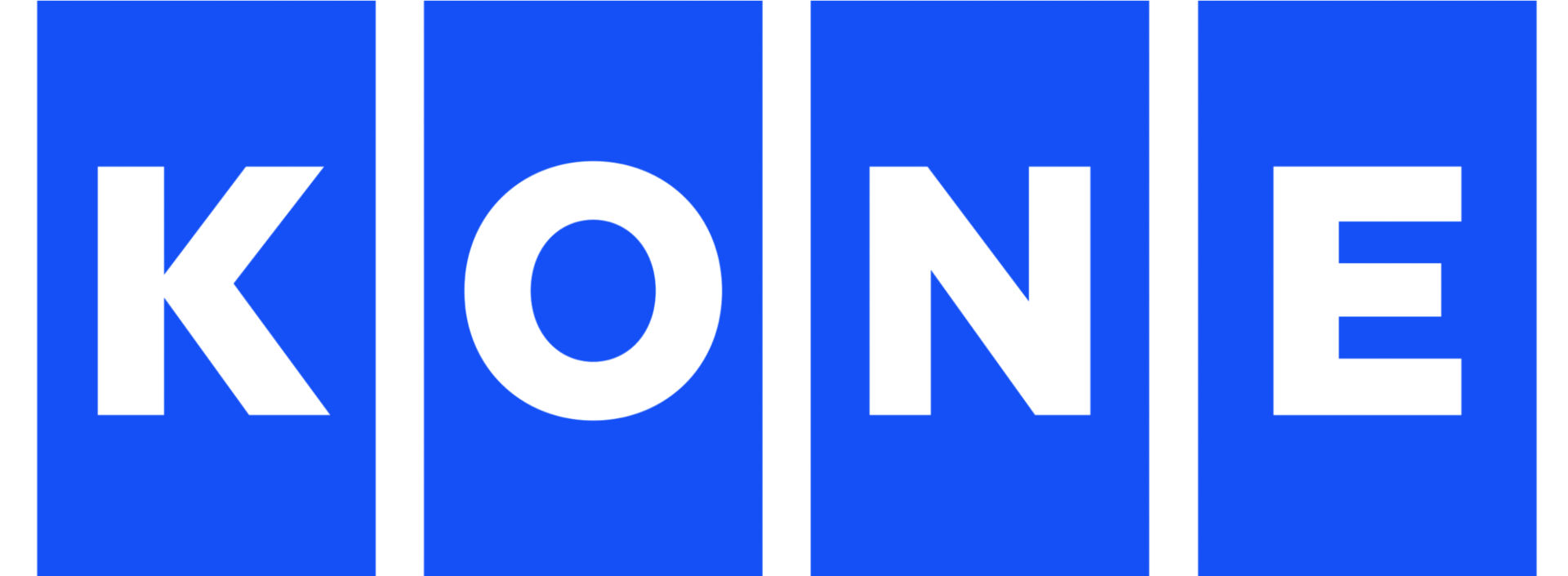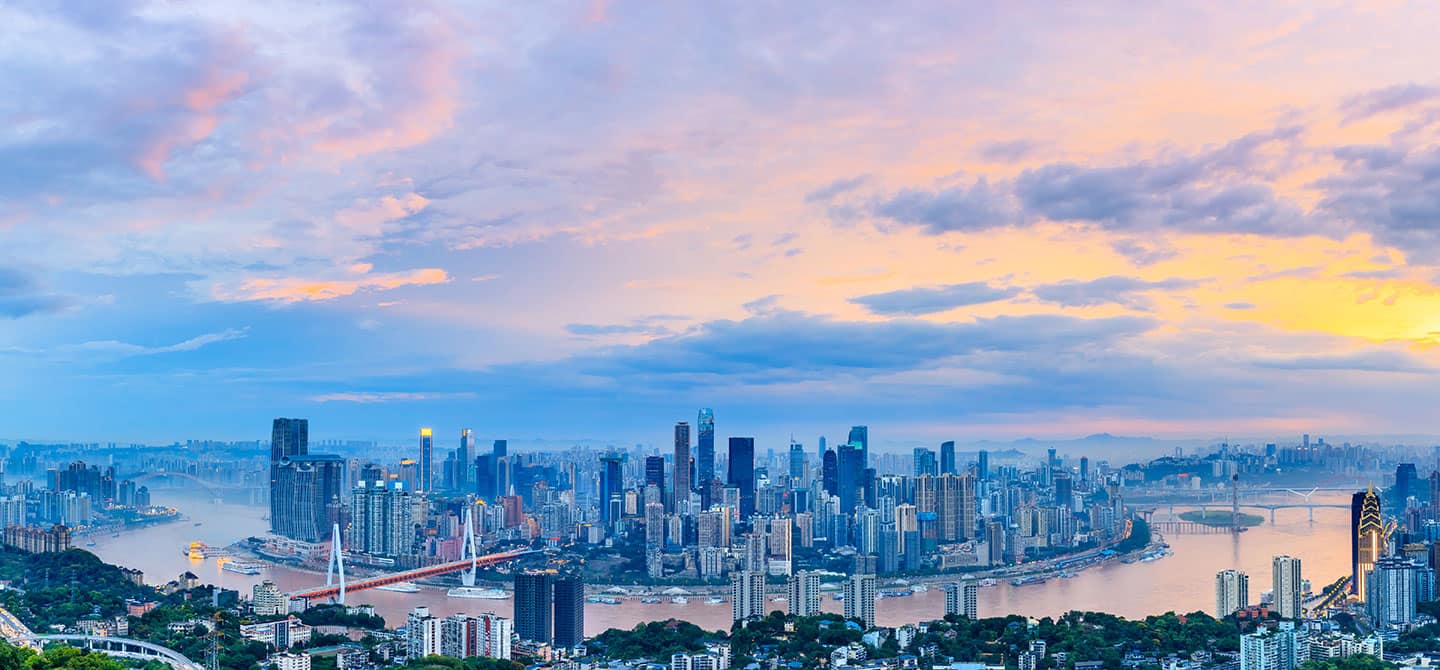Would you like to explore our corporate site or visit your local website?
Stay on Corporate siteSmart cities have always been using data to imagine a better future for urban inhabitants. In 2022, enhanced digitization continues to help us recognize greater opportunities for citizen participation within built environments, find new avenues for business growth, and identify previously ignored waste.
As the next chapter of digitized, urban living continues to develop at pace, how can we ensure that the technology facilitating this shift is used ethically, delivers sustainable solutions to genuine end user problems, and creates greater opportunities for all?
In this episode, two experts look at answers to these questions and offer unique perspectives on future iterations of the built environment.
Exploring a data-driven society
Tessina Czerwinski is the Program Director for Smart and Sustainable Cities at KONE. A forward-thinking problem solver and advocate for adaptable, mixed-used space, Tessina discusses how living and working environments should serve users on a holistic level. The Zurich-based multi-hyphenate looks at the importance of digital literacy when it comes to scaling smart tech initiatives, and suggests greater interoperability can enhance the lives of urban inhabitants – without compromising human-centricity.
"When we're conceptualizing the smart building, we need to make sure that a key objective is enhancing the sustainability and quality of urban life, (and) that feeds into the design process – encouraging us to create environments that are pleasing for human inhabitants." –Tessina Czerwinski, Program Director for Smart and Sustainable Cities at KONE
Technology for sustainable urban development
Greg Lindsay is a futurist, journalist and senior fellow at MIT's Future Urban Collectives Lab and partner at Futuremap. An expert on the future of cities, technology and mobility, Greg draws on an extraordinary breadth of knowledge and experience regarding the role of data and AI, machine learning and more in the creation and regeneration of our cities across the globe. Moving seamlessly between the role of the metaverse, quick commerce, privacy in a data-driven society, and building a new armature for climate-change resilience in future cities, Greg offers unparalled insight into how tomorrow's urban environments might look and feel.
"Perhaps one future of the smart city is this incredibly varied, ultra-mixed-use environment where there's all sorts of interesting pleasures and surprises hiding between it, where AR interacting with open API's allow us to wayfind our way through cities, through elevators, through buildings to find these desirable places." –Greg Lindsay, Future Urban Collectives Lab (MIT), Futuremap
Hosted by Sam Hughes, The Flow of Urban Life is available to enjoy wherever you are. Listen and subscribe today to be the first to hear from our guests.





